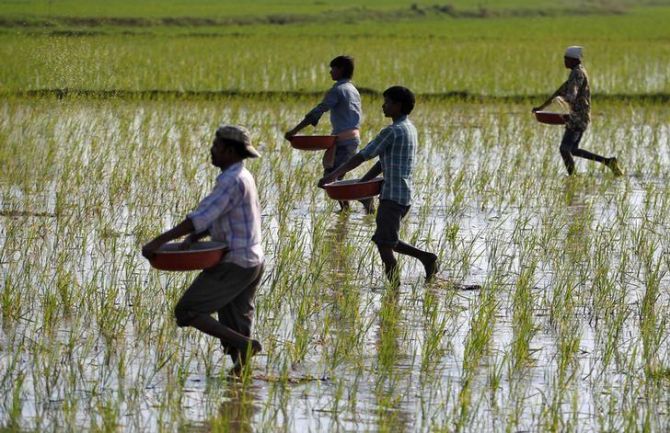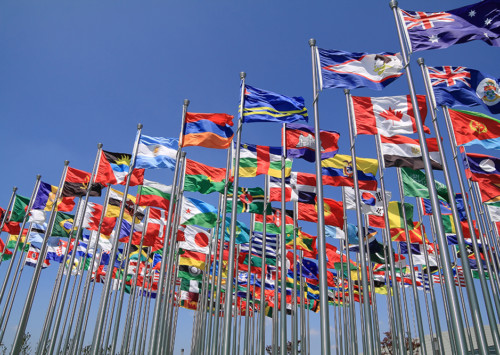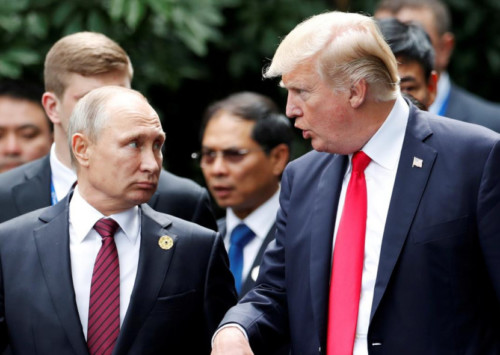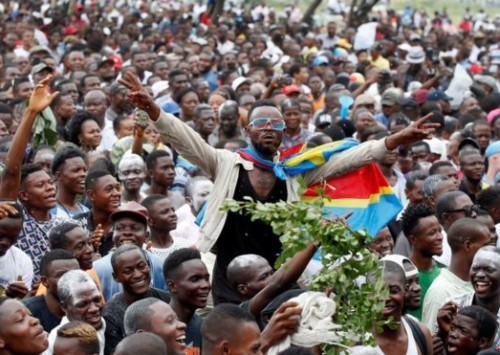Universal Basic Income
Universal basic income (UBI) has faced a lot of criticism, notably from businesses and the political right wing. But it must continue and reach more people across the world.
The initial results from a bold Finnish experiment with universal basic income have come out and are being analysed. However, most experts involved in the experiment, which saw the Finnish government give EUR 560 a month for two years to a randomly selected group of 2000 persons, indicates that the recipients were happier.
While it will still take months, if not years, to completely analyse the outcome of this experiment, economists and politicians around the world have begun to give this issue a serious thought and some countries are carrying on their pilot projects, although with a lot of variations.
In Kenya, a very interesting experiment has been underway. Unlike Finland and other countries, this has been mounted by a US charity which has been giving about 2250 Shillings (USD 22) to a random selection of 21,000 adults in hundreds of villages in the country. The scale of this operation is much broader than the Finnish experiment as not only the number of people covered is over 10 times, but also the duration is significantly longer, as the experiment will continue for 12 years, giving the economists and the organisation running the experiment some real data to play with about the mid-term and long-term impact of giving unconditional cash to the poor.
In India, a slight variation of the UBI has been in the play for the last 13 years. The Mahatma Gandhi National Rural Employment Guarantee Scheme was launched in 2006. In this, the government guarantees to any unemployed rural adult, mainly from landless families, 100 days of paid work or a payment in the absence of work. The scheme now covers 180 million people and the government spent over INR 640 billion (about USD 9 billion) in the fiscal year 2017-18. Despite sharp criticism of the scheme as being a source of corruption by Narendra Modi while he was in the opposition, his government has significantly increased the spending on the scheme in the last five years, showing the importance of this payment in rural India which is home to an overwhelming majority of the 400 million extremely poor (poorest of the poor) persons in India.
The Congress Party, which had launched the scheme, in its election manifesto released last month has promised to modify the scheme and bring on board an unconditional payment of INR 72,000 (USD 1100) per year to each of the 250 million poorest persons in the country.
The argument used by the Congress and indeed most proponents of the UBI is that the payment is crucial to partially offset the very sharp rise in the inequality in the society, especially in the last two decades, coinciding with the process of globalisation. This trend has touched practically every country in the world. Even countries like France and Sweden that are reputed to have the best social security systems in the world have seen this imbalance and this is indeed one of the major reasons behind the Yellow Vest movement that has been going on across France since November last year.
Not just the poorest, but even the middle classes are now beginning to feel the heat of a rising gap in incomes and wealth with the top one percent of the country. A study by the OECD, released earlier this week, calls on governments to look at specific tax breaks and reliefs to help the middle classes overcome their challenges in balancing the budget of the household.
If the relatively well off middle classes or even the poor in wealthy nations feel the heat of inequality and face exclusion from the economic miracle that is increasingly being limited to a handful in each nation, one can not even begin to imagine the plight of the poor in the developing countries. Tens of thousands of farmers are driven to commit suicide in India each year faced with mounting debts and falling incomes from the farms. The situation of farmers and landless in war-ravaged countries of Africa is no better.
The opponents of the principle behind UBI are the usual suspects, those who have benefitted the most from globalisation – most multinationals and the political right wing which see these as making the UBI targetted population lazy and waste of precious economic resources. However, the results from most places where experiments with UBI have been carried out or are underway indicate that transferring funds directly to the beneficiary helps them prioritise their expenses as per their needs.
However, any top-down approach, where the State decides what the funding should be used for, or provides the funding in the form of free services – food coupons, health insurance etc – suffers from severe handicaps, especially in larger countries like India where the situation of each family and individual can be dramatically different in various parts of the country. The initial feedback of UBI in Kenya, too, has highlighted that the poor prefer to have the cash and the right to decide what they would like to use it for.
Moreover, for the national economy, again notably in most developing countries with a significant share of the rural population, putting money in the pockets of the poor leads to a higher spending on essentials, which in turn boost the rural and the national economy. This can be seen in India where a failed monsoon always spells doom for the national economic growth as the rural population sharply cuts back its spending. So instead of staying locked up in fixed assets or the banks or indeed in the stock markets, giving money to the poor boosts economy by increasing the circulation of cash. This and the dignity that it offers to the poor are reasons enough for not just the current UBI schemes to continue, but also for the rest of the world to adopt it.















